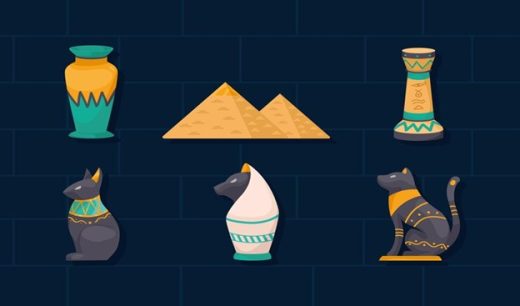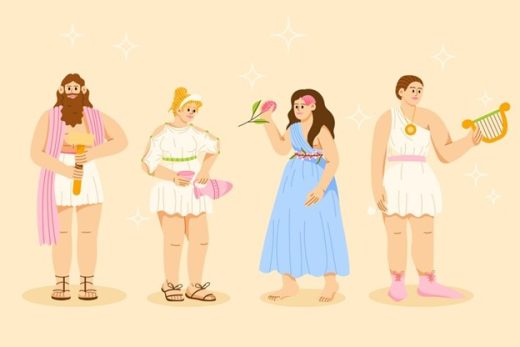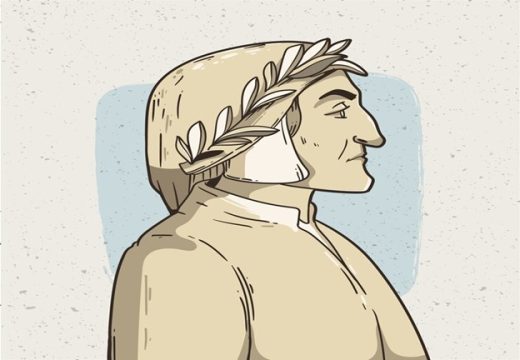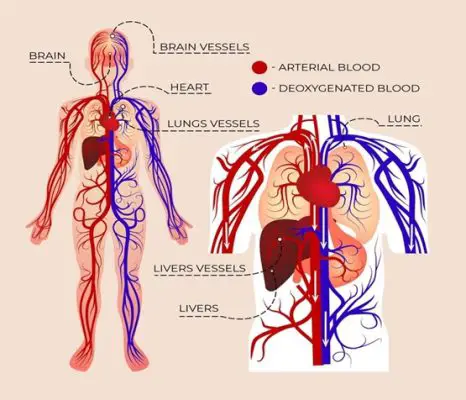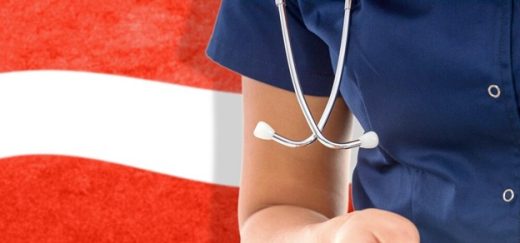History of healthcare: medical discoveries birthplace guide, How medicine started, Beginning of medical care
History of Healthcare: Traveling to the Birthplace of Medical Discoveries
10 August 2024
Have you ever wondered where modern medicine came from?
Imagine taking a trip through time and space to visit the places where some of the biggest medical breakthroughs happened. That’s what we’re going to do today!
We’ll explore the history of healthcare by visiting the birthplaces of major medical discoveries.
So, pack your imaginary bags, and let’s go on an adventure through the world of medicine!
Ancient Egypt: The Beginnings of Medicine
Our first stop is Ancient Egypt, around 3000 BC. The Egyptians were some of the first people to start writing down medical knowledge.
They had a god of medicine named Imhotep, who was actually a real person! He lived around 2650 BC and was known as a great healer.
In Egypt, we’d see doctors using honey to treat wounds (which actually works!), and prescribing foods like garlic for heart problems.
They even performed surgeries and set broken bones. The Egyptians wrote their medical knowledge on papyrus scrolls, some of which still exist today.
The most famous one is the Edwin Smith Papyrus, which describes surgical treatments for injuries.
Greece: The Father of Medicine
Next, we’re off to Ancient Greece, around 400 BC. Here, we meet Hippocrates, often called the “Father of Medicine.”
Hippocrates believed that diseases had natural causes, not supernatural ones. This was a big deal back then!
If we visited Hippocrates’ school on the island of Kos, we’d see students learning about the importance of observing patients carefully and keeping detailed records.
Hippocrates also came up with the idea of medical ethics. The Hippocratic Oath, which many doctors still take today, comes from his teachings.
China: Traditional Chinese Medicine
Let’s hop over to Ancient China, around 200 BC. Here, we’d find doctors using techniques like acupuncture and herbal medicine. The Chinese believed in balancing the body’s energy, or “qi,” to maintain health.
One of the most important figures in Chinese medicine was Hua Tuo, who lived around 140-208 AD.
He’s believed to be the first person to use anesthesia during surgery. He mixed a special drink that would make patients fall asleep before operations. Pretty amazing, right?
Islamic Golden Age: Preserving and Advancing Knowledge
Now we’re traveling to the Islamic world during the Golden Age, around 800-1200 AD. This was a time when scholars in the Middle East made huge contributions to medicine.
They translated ancient Greek and Roman medical texts, preserving knowledge that might have otherwise been lost.
In Baghdad, we’d visit the famous House of Wisdom, a huge library and center of learning.
Here, we’d meet Al-Razi, a Persian physician who wrote over 200 medical books and was the first to describe smallpox and measles accurately.
Another important figure was Ibn Sina (also known as Avicenna). His book, “The Canon of Medicine,” was used as a medical textbook in Europe for hundreds of years!
Register for Caring for Care Medication Administration Training and Epilepsy Medication Course. We train over 20,000 Nurses yearly in the UK.
Renaissance Italy: The Birth of Modern Anatomy
Let’s fast forward to Renaissance Italy in the 1500s. This is where we meet Andreas Vesalius, often called the founder of modern anatomy.
If we visited his classroom in Padua, we’d see something shocking for the time – Vesalius performing human dissections in front of his students!
Vesalius wrote a groundbreaking book called “On the Fabric of the Human Body,” with detailed, accurate drawings of human anatomy.
This book changed how doctors understood the human body and paved the way for modern surgery.
England: Discovering the Circulation of Blood
Next stop: England in the early 1600s. Here, we meet William Harvey, who figured out how blood circulates through the body.
Before Harvey, people thought the liver made new blood all the time, and it was used up by the body.
If we visited Harvey’s lab, we’d see him doing experiments on animals to understand how the heart pumps blood. His discovery was a huge breakthrough that changed how doctors thought about the body.
Austria: The Importance of Hand Washing
Now we’re off to Vienna, Austria, in the mid-1800s. Here, we meet Ignaz Semmelweis, a doctor who made a simple but life-saving discovery: the importance of hand washing.
Semmelweis noticed that many women were dying after childbirth in hospitals, but not when they gave birth at home.
He realized that doctors were going straight from performing autopsies to delivering babies without washing their hands!
When he made doctors wash their hands with chlorine solution, the death rate dropped dramatically.
Sadly, many doctors at the time didn’t believe Semmelweis. It took years for his ideas to be accepted. Today, we know how important hand washing is for preventing the spread of diseases.
France: The Germ Theory of Disease
Let’s pop over to France in the late 1800s. Here, we meet Louis Pasteur, the scientist who came up with the germ theory of disease. Before Pasteur, people didn’t understand that tiny organisms could cause illness.
If we visited Pasteur’s lab, we’d see him doing experiments that proved microorganisms exist and can cause diseases. He also developed the process of pasteurization (named after him) to make milk safer to drink. Pasteur’s work laid the foundation for modern microbiology and immunology.
Scotland: The Discovery of Penicillin
Now we’re traveling to Scotland in 1928. Here, we meet Alexander Fleming, the scientist who discovered penicillin, the first antibiotic.
If we visited Fleming’s lab at St. Mary’s Hospital in London, we’d see a messy desk with petri dishes full of bacteria.
Fleming noticed that mold had started growing on one of the dishes, and the bacteria around it had died. This mold turned out to be a kind of penicillin, and it led to the development of antibiotics that have saved millions of lives.
United States: The Polio Vaccine
Our next stop is the United States in the 1950s. Here, we meet Jonas Salk, the scientist who developed the first successful polio vaccine.
Polio was a terrifying disease that caused paralysis and sometimes death, especially in children. If we visited Salk’s lab at the University of Pittsburgh, we’d see him and his team working tirelessly to develop a vaccine. When it was finally ready in 1955, people celebrated in the streets!
England Again: The Structure of DNA
Let’s jump back to England in 1953. Here, we meet James Watson, Francis Crick, and Rosalind Franklin, the scientists who figured out the structure of DNA.
If we visited their lab at Cambridge University, we’d see them working with X-ray images of DNA and building models.
Their discovery of the double helix structure of DNA was a huge breakthrough that opened up the field of genetics and molecular biology.
Present Day: Ongoing Medical Discoveries
Our last stop is the present day, where medical discoveries are happening all the time! We could visit labs working on gene therapy, developing new vaccines, or creating artificial organs.
One exciting area is CRISPR gene editing, which allows scientists to make precise changes to DNA. This technology could potentially cure genetic diseases in the future.
We could also visit hospitals using robotic surgery systems, or clinics using AI to help diagnose diseases. Medicine has come a long way since Ancient Egypt, but there’s still so much to learn and discover!
Final Thought
Wow, what a trip! We’ve traveled through thousands of years and across the globe, visiting the birthplaces of some of the most important medical discoveries in history.
From the first written medical records in Ancient Egypt to the cutting-edge genetic research happening today, we’ve seen how our understanding of health and medicine has grown over time.
It’s amazing to think about how each discovery built on the ones that came before it.
The work of early anatomists like Vesalius made it possible for later doctors to perform complex surgeries. Pasteur’s germ theory led to Fleming’s discovery of antibiotics.
And today’s genetic research wouldn’t be possible without Watson, Crick, and Franklin’s work on DNA structure.
As we’ve seen, medical breakthroughs can come from careful observation (like Semmelweis noticing the importance of hand washing), from accidents (like Fleming’s discovery of penicillin), or from years of dedicated research (like Salk’s development of the polio vaccine).
It’s also interesting to note that many important discoveries weren’t accepted right away. Semmelweis’s hand-washing idea was rejected at first, and it took years for Pasteur’s germ theory to be widely accepted.
This reminds us that progress in medicine often requires not just new ideas, but also the willingness to question old beliefs.
Today, we’re living longer and healthier lives thanks to all these discoveries.
But there’s still so much to learn about the human body and how to keep it healthy. Who knows what amazing medical breakthroughs are just around the corner?
Maybe you’ll be inspired to become a doctor, nurse, or medical researcher yourself.
Or maybe you’ll just have a new appreciation for how far medicine has come the next time you visit a doctor or take a pill.
Either way, I hope this journey through the history of healthcare has been as fascinating for you as it has been for me.
Here’s to the continued progress of medical science and better health for everyone!
If you are interested in health care training face to face and virtual, please visit the Caring for Care website or email [email protected]
More Resources
Ancient Medicine: https://www.ncbi.nlm.nih.gov/pmc/articles/PMC8459052
Greece- The Father of Medicine : https://www.britannica.com/biography/Hippocrates
Traditional Chinese Medicine:https://www.nccih.nih.gov/health/traditional-chinese-medicine-what-you-need-to-know
Discovering the Circulation of Blood: https://www.bbc.co.uk/bitesize/guides/zyscng8/revision/5
Healthcare Breakthrough:https://bepartofresearch.nihr.ac.uk/Articles/Health-research-breakthroughs/
Comments on this guide to History of healthcare: medical discoveries birthplace article are welcome.
Property Designs
Glasgow Architecture Designs – architectural selection below:
Cameron House Loch Lomond Resort
Comments / photos for the History of healthcare: medical discoveries birthplace page welcome.

